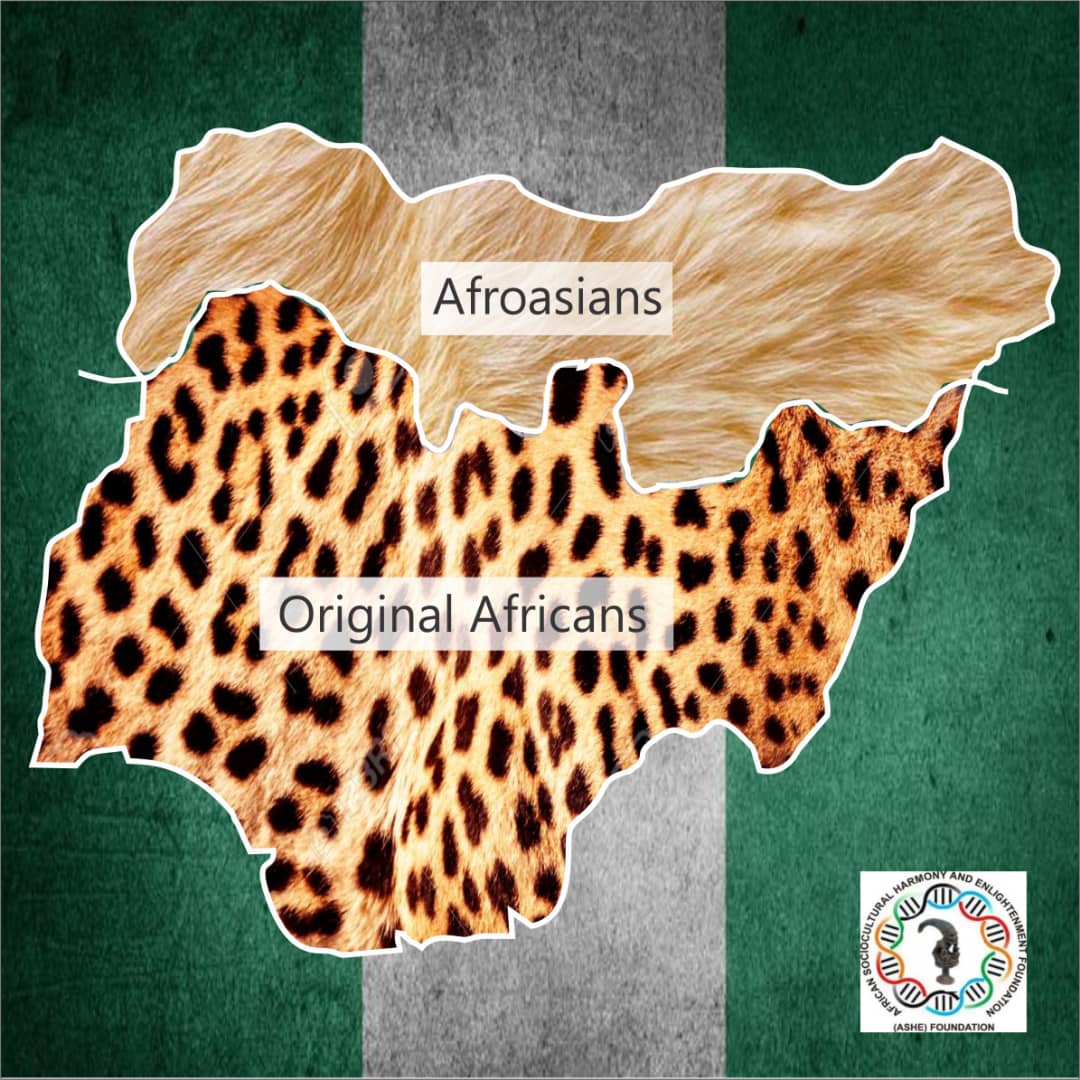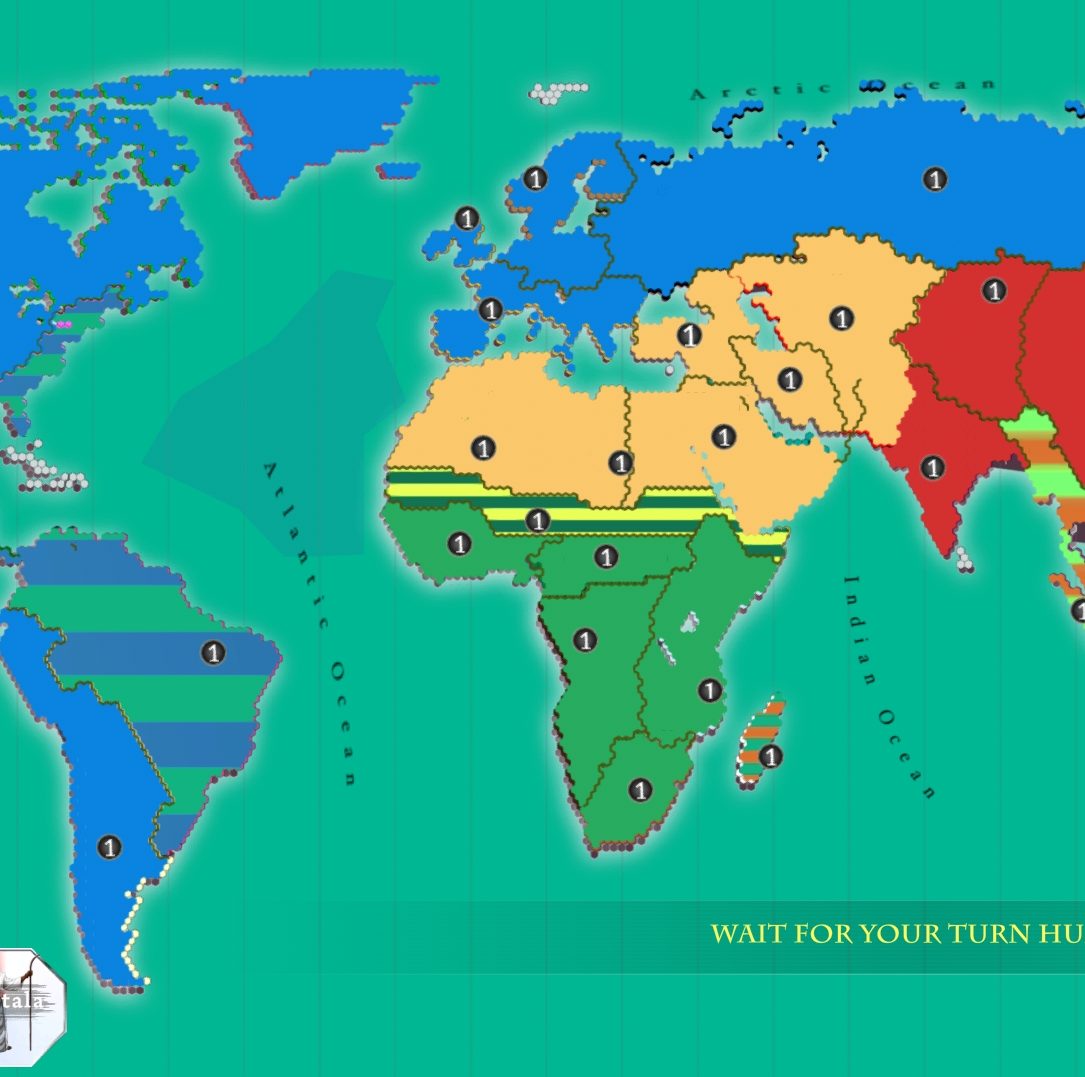Prince Justice Faloye
A key resolution of the 2014 Confab, ratified by Yorubas with the Adamasigba Declaration, was that Nigeria should be restructured with States as the federating units. Some Yorubas had initially called for restructuring back to regions of the 1963 constitution, but was scaled down to states in order to reach a consensus with other ethnicities of the South and Middlebelt that demanded states for valid reasons. Since no ethnicity is more than 25%, and it requires a 66% quorum to bring about monumental constitutional changes, it was necessary that the South and Middlebelt came to an agreement that suited every regional agenda.
Some Yorubas argued that regions with more human and natural resources from a collection of states would be more financially sustainable than single states, while some ethnicities suspected that the demand for regions had disguised secessionist agenda to withdraw from Nigeria. Most important to the multiethnic regions of Middlebelt and South South was that states would be easier to achieve their rights of representative democracy and self determination over their economy, culture and politics.


Due to the over-reliance of states on federal government allocations of crude oil proceeds, they are viewed as too many, unproductive, corrupt and unsustainable. However, caution must be exercised not to fall into the same superficial public perception of fuel subsidies, being riddled with corruption, leading to calls to cancel it, forgetting they were set up to subsidize production for multiplier effects across the economy. Those clamoring for devolution into regions forget States were about devolution of powers from regions to bring about representative democracy.
States were agitated and created for valid economic and political reasons. In the Western region, peoples of Akure, Ondo, Owo, Ekiti and Okitipupa kingdoms, being the resource richest, clamoured for a break from a faraway capital in Ibadan, whereby though they supplied the most cocoa, the mainstay of the region, Cocoa House was built in Ibadan. The creation of Ondo and Ekiti states brought huge and faster development of towns like Akure, Owo, Okitipupa, Ado Ekiti and other towns, as modern housing estates and employment were created, bringing faster development to over 56 towns nationwide.

In Eastern and Northern regions, it had more to do with freedom from large ethnicities that had hegemonic effects through sociopolitical exclusion. The Deltan minorities wanted to free themselves from Igbos demographic political hegemony. Infact the first breakup was that of the Edo Midwest region that felt it was marginalized from the distant Ibadan capital of the Western Region under the control of Oyos, the sister competing empire with Edos. The Midwest was to become Bendel which later split to Edo and Delta states.
In the Southern Protectorate made up of indigenous African civilizational groups, other states were created with closer ethnic affinity with the formation of Cross River and later Akwa Ibom that were made up of the Efik and Ibibio who belonged to a different ethnolinguistic subfamily known as the Benue-Congo subfamily different to the Igbos and Yorubas, Volta-Niger ethnolinguistic subfamily. The Ijaw and other Ijoid peoples also demanded closer governance with the breakup of Rivers and later Bayelsa from the Eastern region. These agitations resulted in the development of ethnic capitals and their other towns which won’t have been effective and fast if they had remained under the regions.


In the Northern Protectorate under the control of the Caliphate of the Afro-Arabic civilization, the quest for self determination by the hundreds of Indigenous African Civilizational groups was more pertinent. Unfairly subjugated under the exclusionary civilization politics of the Caliphate were Yorubas, Igala, Idoma, Jukun, Tiv to the South of Niger-Benue, as well as the South Kaduna, South Adamawa, Plateau and others, who demanded their own states.
The initial demarcation into Northern and Southern Protectorates by the British colonists that unjustly cut the top of the Indigenous African civilization known as the Middlebelt and added it to the Northern Afro-Arabic civilization, patently disenfranchised the hundreds of indigenous African groups. The right thing to have done was either add them to the Southern Protectorate Indigenous African civilization or create a separate zone, leading to three Protectorates of North, South and Central Protectorates. The colonial institutional maladjustmemt created an unfair political balance that robbed the Middlebelt of representative governance till today.


The Northern Protectorate was divided into the Northwest controlled by the Sokoto Caliphate and the Northeast region under the Bornu Empire, both of which were to control and subjugate the Middlebelt as North Central. In the creation of states, the Middlebelt groups were under an incomplete North Central region, whereby the traditional leadership of the largest indigenous African Confederacy of the Middlebelt, was cut away from NorthCentral and added to the Northeast Region as Taraba state and Southern Adamawa. Also, huge indigenous African areas that should be Middlebelt North Central region like Southern Kaduna were made Northwest Region.
Unfortunately the focus on Fulani tribalism instead of Afro-Arabic civilizationism led the South overlook the inequality that Northeast had seven states, one from Indigneous Africans, while the Southwest, Northwest, NorthCentral and SouthSouth had six, and Southeast had five states.

The gerrymandering was clear to the naked eye as Northeast extends to about a hundred miles to the South South Delta region. The Northern hegemony made a mess of the agitation for representative governance as huge states were created whereby minority Emirates were made to rule over the Indigenous African majorities. In Kwara State out of 16 local governments 12 were populated by majority Yoruba but state leadership was skewed towards the Fulani Ilorin Emirate. In Kaduna State, the indigenous African majority is subjugated to the Zaria Emirate.
The incomplete unbundling of smaller ethnicities from the large hegemons is why the Middlebelt is strongly opposed to regions as federating units. Yorubas of the Kwara and Kogi and other Middlebelt ethnicities pushed to have inserted a clause that no longer would it require the majority of a state referendum to opt out of a state, but a majority of an ethnic referendum to opt out as a standalone state or better still join contiguous states with people of the same ethnic origins and linkages. This is the ultimate of representative democracy whereby the people themselves vote for where they want to be instead of being enforced by others outside their civilizational sphere.

Therefore it would be selfish for Yorubas Southwest region to demand regions as federating units because only them occupy a region to themselves, disregarding the rights of the Yorubas in Kogi and Kwara, as well as 300 Middlebelt ethnicities that also have ties to the Ife Ifa-Afa-Iha-Fa-Efa indigenous African civilization. Some argued that politics is not about morality and fairness, but as luck will have it, without a South and Middlebelt unity there won’t be the demographic strength to democratically achieve restructuring to regions or separate nation-states. And even there is doubt whether states like Ondo will support giving up their closer governance for faraway governance in Ibadan as a regional capital. Especially since if power is devolved to the local and state governments, Ondo State will be self sustainable with its rich forests, bitumen, oil and the longest coastline. It would rather have other states join it as the regional center, or at best Ife for cultural reasons.
As agreed, states should be free to unite as regions if the states as federating units wish, but not constitutionally enforced. The only sacrosanct condition is that whatever the federating unit, it must be self sufficient based on its own resources, and contribute a fraction to the federal purse, and if applicable to the regions.
It must be understood that while we push for political restructuring from the colonial structures, we must also restructure the colonial economy skewed to Lagos, Port Harcourt and areas along the railways linking the North to the Southern ports. For all areas to be fully connected for economic development, three East-West railways (Lagos-Calabar, Ilorin-Yola and Sokoto-Maiduguri) have to be built to spur a railway boom by states and private investors to every nook and corner of the federation. A process on its own that can spur huge growth for decades.








